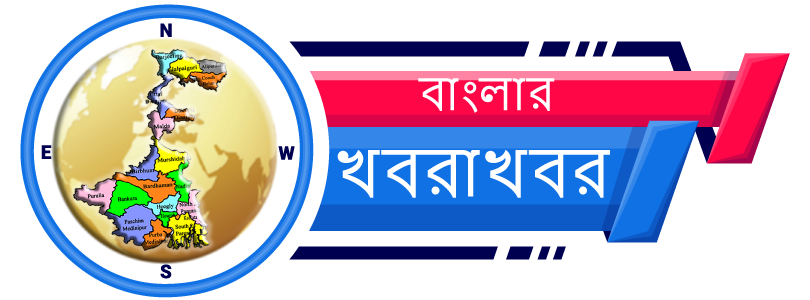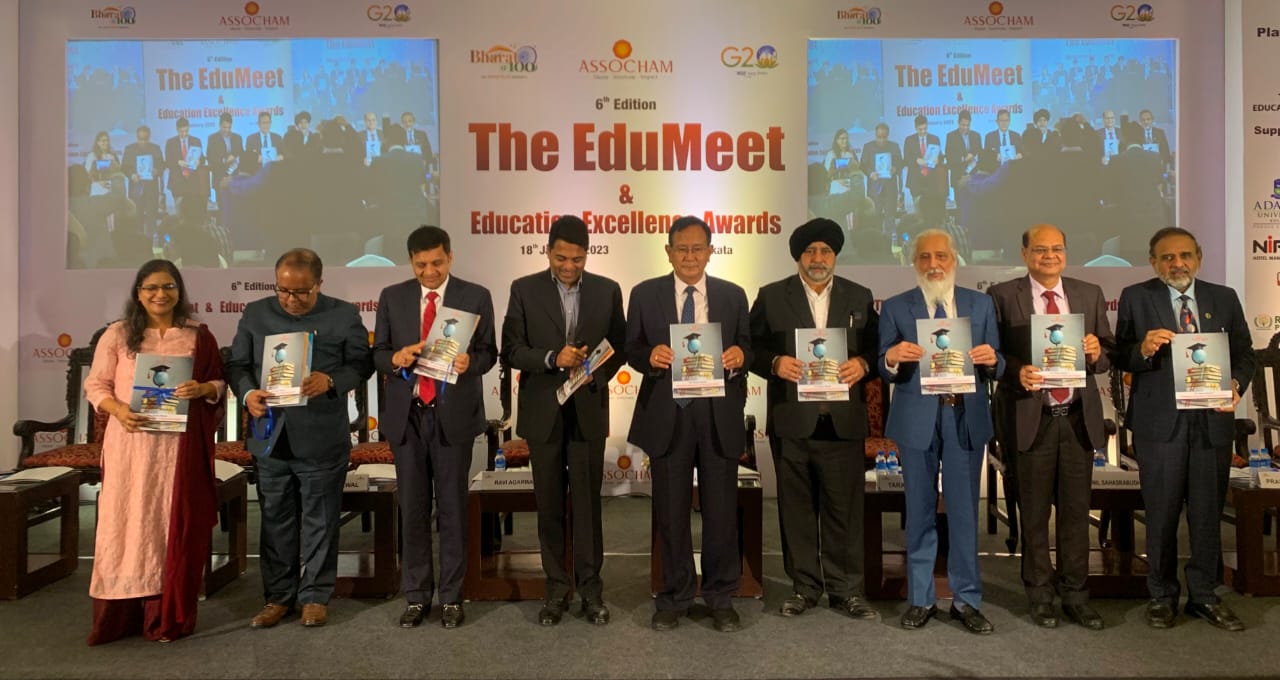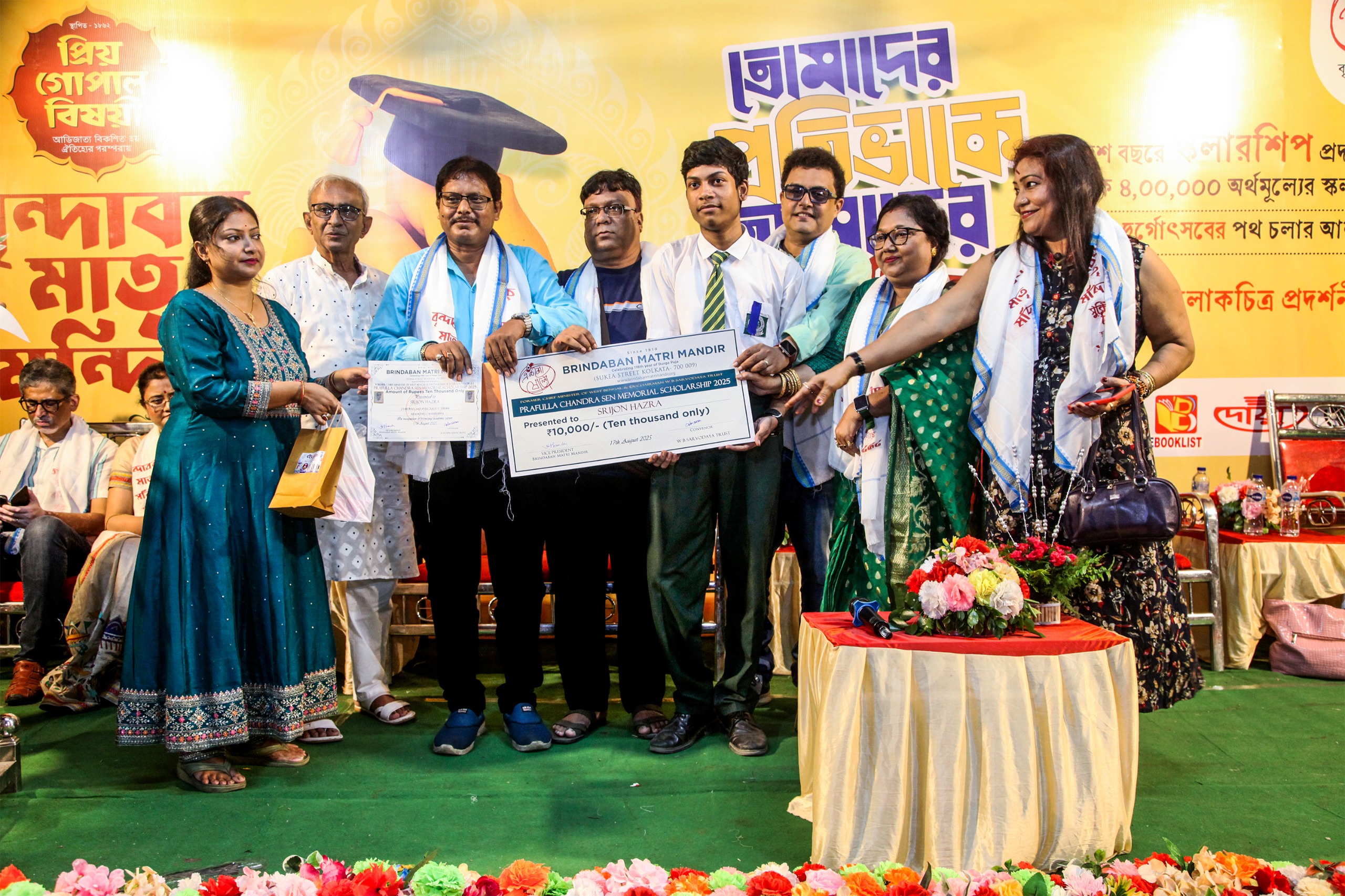ASSOCHAM released Knowledge Report on the platform of 6th Edition of The Edu Meet & Education Excellence Awards
RAJKUMAR DAS
Associated Chambers of Commerce and Industry of India (ASSOCHAM) released Knowledge Report on the platform of 6th Edition of The EduMeet & Education Excellence Awards. Dr. Raj Kumar Ranjan Singh, Hon’ble Minister of State for Education & External Affairs, Govt. of India, Dr. Anil Sahasrabudhe, Chairman, of National Educational Technology Forum, Govt. of India & Mrs. Perminder Jeet Kaur, Sr. Director ASSOCHAM, East & North East was present to address the inaugural session.
The program hosted parallel sessions, engaging with subject experts and industry leaders focusing upon all verticals, Higher Education, School Education and EEC. The multi session programme had national leaders from universities, colleges, schools and EEC for the meet to share the concrete solutions for strengthening the system for being globally competitive and also ensuring quality is achieved with technology inputs and innovation is championed. The champions of sector were honoured through excellence awards after the meet.
With this perspective in view, COVID-19 Pandemic has severely impacted the education sector, accelerating the shift to digital-learning models as educational institutes remain closed in the wake of virus outbreak. NEP 2020 reaffirms the recommendation of increasing public investment on education to 6% of GDP. The Budget allocation for 2022-23 for education was Rs 1,04,278 crore. Though this was an increase of 11.8 per cent over that of 2021-22, the share of education in the total social sector allocation had actually come down from 50.79 per cent in 2021-22 to 47.22 per cent in 2022-23.
The New Education Policy 2020 has already instilled a lot of hopes among all stakeholders in the education sector for a turnaround. It is necessary that both Budget 2023 and policy reforms are in sync with the changing needs of globalization, urbanization and digitalization. There is a need to skill professionals and lay thrust on emerging technologies to prepare the burgeoning Indian workforce for Industry 4.0. One of the key objectives of NEP 2020 is to increase the Gross Enrolment Ratio (GER) to 50 per cent by 2030 from the present 27.5 per cent.
The multidisciplinary education system that has been developed has a contemporary, internationally acknowledged curriculum that will aid in generating employment. Our government wants to make India a superpower in the field of education. It has been noted that for developing nations, providing students avenues to financial success would depend on our capacity to strengthen connections between the education system and economic opportunities.




